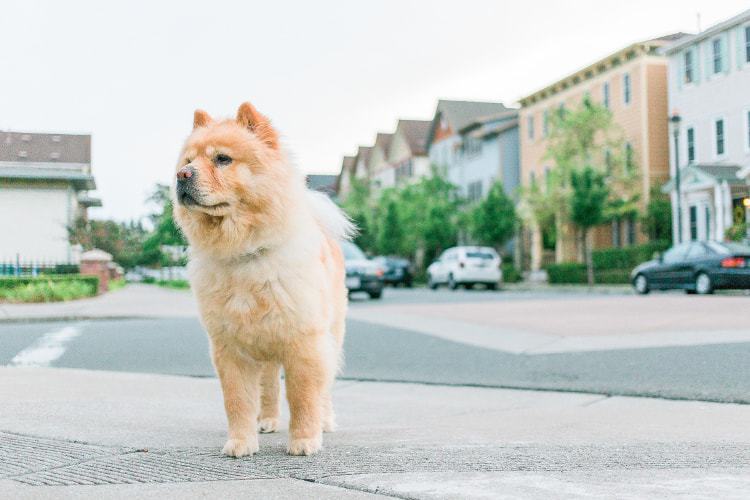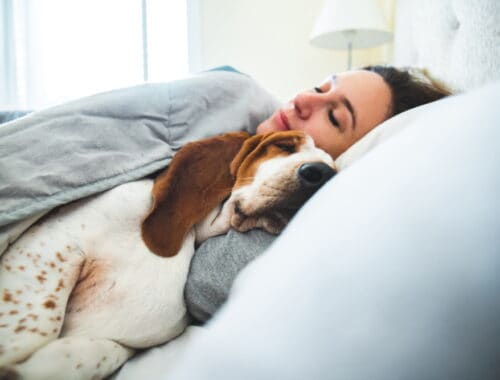If you’ve done your homework, you know how much it costs each year to have a pet.
And if you’re a homeowner, and you’ve also done your homework, you know how much your home is worth.
But how are the two related? You’d be surprised to find out that owning a pet can drastically diminish the value of your home. And it’s not just dogs and cats. Small pets and even fish can do some major damage.
You might be selling your suburban home on a contract for deed and heading to the big city to live in a new Chicago apartment. But regardless of the type of move, you’re making after selling your home: your buyer is always looking for some sort of negotiating point.
And pets can be that point. Potential buyers will look until they find messes, damage, and “hidden surprises.”
Fortunately, and with that in mind, here are four ways you can keep your dog (or cat, or bird) from impacting your home sale.
4 Tips For Selling Your Home When You Have Pets
1. Carpet Mess? Call The Pros
You might think you can handle a few stains from your pet. You might even think that baking soda and hydrogen peroxide will turn all those brown spots back into the spotless white they once were. But no matter how many cleaning supplies you buy, you will never be able to clean your carpets as efficiently and effectively as a professional service. They’ll take your carpets from “pretty good, for a pet owner” to “pristine.” It’s worth every penny.
2. Do Not Leave Minor Damage: Repair It All
You’ve had your chocolate lab so long that you probably don’t even notice the chew marks on the table legs or the scratch marks at the door. But prospective buyers will, and they’ll assume that things are even worse elsewhere, where they can’t see. So, fix the obvious damage: Replace damaged woodwork, paint over the scratches, and for goodness’ sake, take care of your yard. If Fido dug holes in it, fill them. Dead spots in the grass? Apply water and fertilizer. And don’t get us started on pet messes in the yard. Bust out that pooper-scooper and get to work.
3. Hide Any Signs Of Pets
When a prospective buyer sees your cat’s toys in the living room, they probably won’t think “how cute!” And even if they love dogs, they won’t have fun hurdling all of your furry friends’ chewed-up toys. Pet paraphernalia looks messy, often smells, and sends the wrong message about the cleanliness of your home. So, gather up all the toys, scratch-pads, and dog beds, and store them in one area of your home, out of sight. If your cat has a litter box, move it to the garage, or onto a discreet corner of your porch. The last thing you want is for prospective buyers to associate your home with the smell of Tidy Cat.
4. Leave The Pets With The Neighbors
Even if your dog is friendly, even if your cat purrs like a motorboat, even if you trained your bird to say “PLEASE BUY MY HOUSE,” make sure your pet is out of the house when prospective buyers are touring it. You can never predict how another person will react to your pet — or how your pet will react to another person. So, arrange for your animal friends to be absent during showings. Whatever you do, don’t just lock your pet in the bedroom — after all, buyers will want to see it.
































